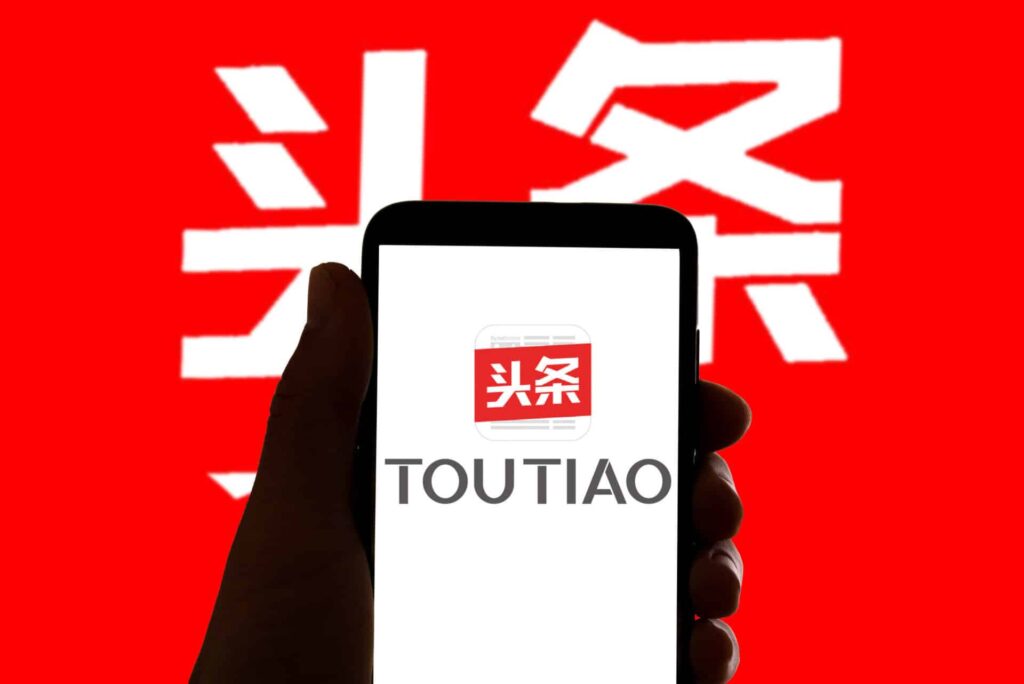China’s 2024 Hurun China Rich List introduced a new leader: Zhang Yiming, the founder of ByteDance, the parent company of TikTok. Surpassing former titleholder Zhong Shanshan, the “bottled water king,” Zhang’s wealth soared to $49.3 billion as ByteDance’s global revenue rose by 30% to reach $110 billion. While Zhang ascends, China’s overall billionaire count is in rapid decline, reflecting a deeper economic shift.
A Digital Empire Amid Economic Shifts

Launched in 2012, ByteDance initially built popularity in China through apps like Toutiao, a news aggregation platform. The introduction of Douyin in China, and its global counterpart TikTok in 2017, marked a turning point. The platforms redefined video consumption, especially among younger audiences, with TikTok amassing more than 3 billion downloads worldwide. ByteDance’s exponential growth, even amid regulatory challenges, helped it join the ranks of global tech giants, eventually elevating Zhang’s status in China’s billionaire rankings.
“Zhang’s rise exemplifies a shift towards a tech-dominated economy in China, pushing aside traditional industries like real estate,” says Rupert Hoogewerf, chairman of Hurun Report. Hoogewerf attributes the decline of other billionaires to economic strain and government control over sectors like real estate, formerly a major wealth source in China.
The Rise and Regulatory Pressures

As Zhang’s influence surged, ByteDance and TikTok faced scrutiny both domestically and internationally. The U.S. raised concerns over data privacy, national security, and the platform’s effects on younger users. Recently, new legislation demanded TikTok divest from ByteDance or face a nationwide ban. TikTok responded with assurance, stressing its commitment to user data security and independence from Chinese government influence.
Regulatory pressures also intensified in China as the government clamped down on tech companies wielding significant influence. In 2021, Zhang stepped down as ByteDance’s CEO amid China’s tightening grip on private enterprise. Despite these challenges, Zhang retained a 20% ownership in ByteDance, which remains a central player in China’s tech landscape.
A Transformative Shift in China’s Wealth Landscape
| Rank | Name | Wealth (US$m) | Change | Business | Age |
|---|---|---|---|---|---|
| ↑1 | Zhang Yiming | 49,300 | 43% | ByteDance | 41 |
| ↓2 | Zhong Shanshan | 47,900 | -24% | YST | 70 |
| ↓3 | Pony Ma Huateng | 44,400 | 13% | Tencent | 53 |
| ↓4 | Colin Huang Zheng | 34,500 | 13% | Pinduoduo | 44 |
| ↑5 | He Xiangjian & family | 33,100 | 18% | Midea | 82 |
| ↓6 | Zeng Yuqun | 28,200 | -20% | CATL | 56 |
| →6 | William Ding Lei | 28,200 | -17% | Netease | 53 |
| ↓6 | Li Ka-shing & Victor Li Tzar Kuoi | 28,200 | -5% | Cheung Kong | 96, 60 |
| 9* | Lee Shau Kee & family | 24,600 | 9% | Henderson Land | 96 |
| →10 | Jack Ma Yun & family | 23,200 | -3% | Alibaba | 60 |
↑ Rank increase year-over-year
↓ Rank decrease year-over-year
→ No rank change year-over-year
* New to the Top 10
The 2024 Hurun list highlights a reduction of 142 billionaires from last year, with the billionaire count down by 36% from 2021’s peak. Much of this decline is attributed to economic instability, a struggling real estate sector, and currency depreciation. Property developers and traditional businesses that once dominated China’s wealth hierarchy have been eclipsed by tech, new energy, and consumer electronics.
“China’s economy is evolving,” Hoogewerf notes. “The old guard in sectors like real estate is giving way to entrepreneurs in tech and e-commerce, signalling a new era of wealth creation in China.” ByteDance’s success, bolstered by TikTok’s continued popularity, showcases the potential of tech companies to influence global markets, establishing new standards for innovation.
Looking Forward
Zhang Yiming’s journey to the top of China’s rich list is emblematic of a broader trend where tech entrepreneurs reshape the economic landscape. As China’s tech industry matures, ByteDance and other innovative companies may well dictate the next chapter of China’s global influence and economic direction. The question remains: can China’s tech elite continue this trajectory amid mounting domestic and international scrutiny? Zhang’s continued rise suggests that, for now, innovation may still outpace the hurdles.
Zhang Yiming’s rise signals both the potential and challenges of tech-driven wealth in China, with ByteDance’s international reach presenting opportunities and risks as geopolitical tensions rise.
















